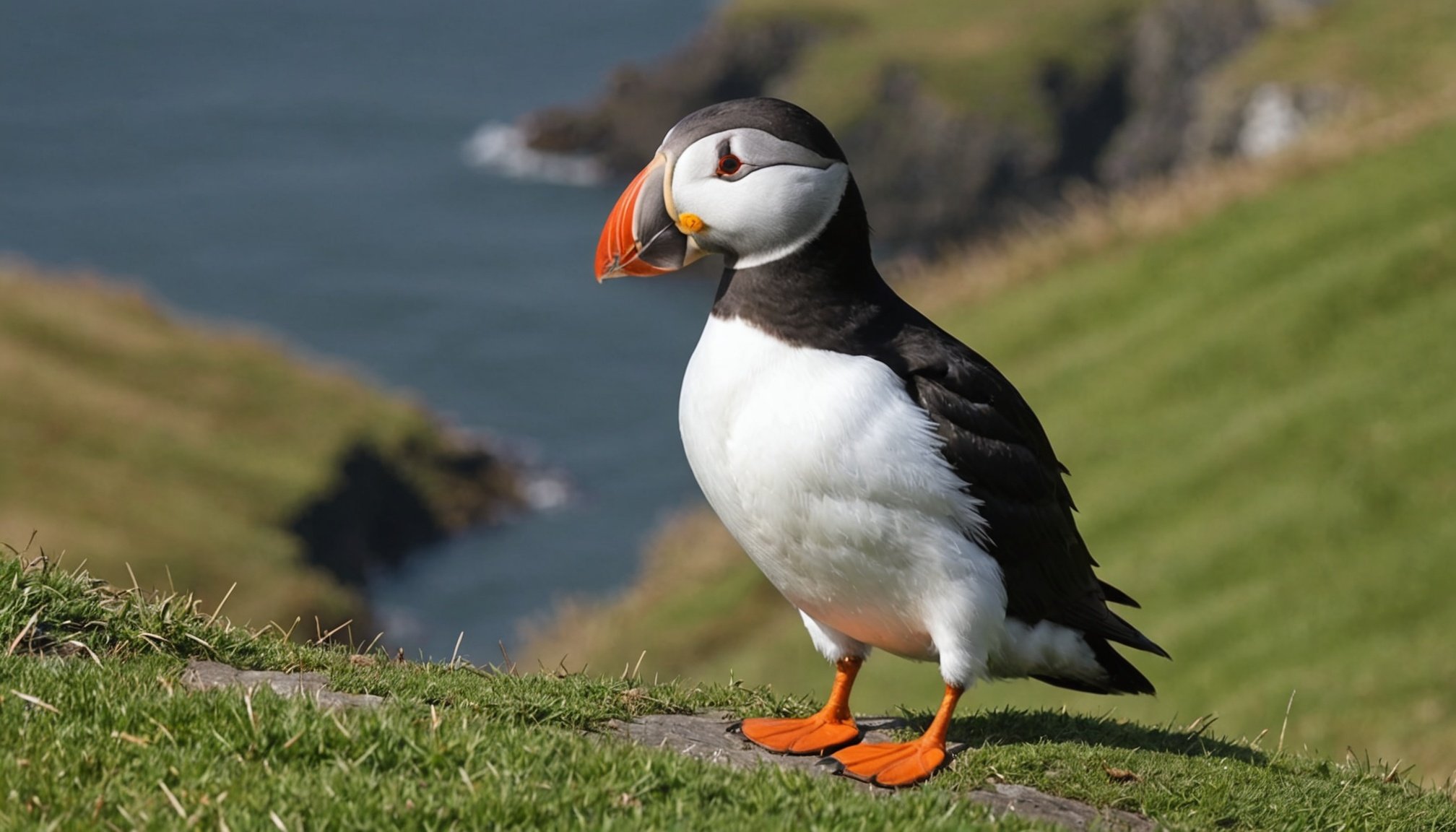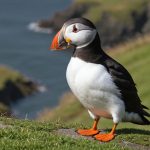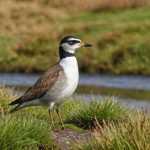Overview of Puffin Watching in the UK
Puffin watching is more than just an adventure; it’s a thriving aspect of nature tourism in the UK. This exciting activity attracts droves of birdwatching enthusiasts eager to connect with these charming seabirds. With their colourful beaks and curious personalities, puffins are a highlight for any birdwatcher.
To maximise your birdwatching experience, it’s best to plan your visit during the breeding season, typically from late spring to early summer. During these months, puffins engage in fascinating activities such as nesting and chick-rearing, providing delightful spectacles for spectators. Observing their social interactions and flapping flight patterns can be utterly mesmerizing.
Additional reading : Unveil the best uk wildlife sanctuaries for an unforgettable experience with red squirrels
Puffins thrive mainly on coastal cliffs and islands, with notable habitats located in regions like Scotland and Wales. These sites offer perfect conditions for puffins to breed and hunt, contributing to their vibrant colonies. By understanding their natural environment, birdwatchers can appreciate their behaviours more deeply and witness the authentic charm of puffin habitats.
By immersing themselves in nature tourism, visitors help support conservation efforts and raise awareness about protecting these magnificent birds. This enriching birdwatching adventure provides an opportunity to explore the beauty of the UK’s coastlines while promoting ****conservation efforts.
Also read : Discover Edinburgh’s Old Town: Your Comprehensive Guide to Booking a Historical Walking Tour Adventure
Top Destinations for Puffin Watching
Embarking on a puffin watching adventure in the UK promises encounters with vibrant colonies of these delightful seabirds. The best locations for puffin watching offer not just spectacular views but also insightful experiences into puffin behaviour.
Skomer Island
Skomer Island, renowned for its large puffin populations, stands as a must-visit spot. The island’s rugged landscape provides excellent viewing spots, with trails offering close encounters. Accessibility is primarily by boat, with sailings from Martin’s Haven. To maximise sightings, consider visiting from late April to July, when puffins are most active in feeding and nesting.
Staffa Island
Nestled in Scotland’s Hebrides, Staffa Island is famous not only for its puffins but also for its remarkable geological features. Visitors are treated to unique birdwatching experiences amid the island’s dramatic basalt columns. Travel logistics typically involve guided tours from nearby Mull, with June being an ideal month for visits.
Farne Islands
Off Northumberland’s coast, the Farne Islands boast a diverse wildlife scene, including seals and puffins. Guided boat tours offer seasonal insights, typically operating from April to August. Facilities for visitors include accommodations in nearby Seahouses, making it convenient for extended stays.
Puffin Island
As a lesser-known gem, Puffin Island in Anglesey offers tranquillity and rich birdlife. The ideal time for birdwatching is between May and July, with sunset visits preferred for photography. Observers can capture the dynamic beauty of puffins amid serene surroundings.
Tips for Planning a Puffin Watching Trip
Planning a puffin watching trip involves crucial steps to ensure an unforgettable birdwatching experience. Firstly, equip yourself with essential gear: binoculars for close views, a camera with a zoom lens for capturing moments, and weather-appropriate clothing to stay comfortable. A sturdy pair of boots is necessary for often uneven or muddy terrains.
To enhance your experience, consider joining guided tours. They offer expert insights into puffin habits and ensure optimal viewing spots while maintaining respect for the birds’ natural activities. Guides often provide access to areas not easily reachable independently, ensuring a richer wildlife observation experience.
It’s vital to approach this activity with a conservation mindset. Respecting wildlife involves maintaining a safe distance from the birds, moving quietly, and resisting any urge to interact physically. These measures help minimise the disturbance to puffin habitats.
If you’re new to this exciting nature tourism adventure, the advice of seasoned birdwatching enthusiasts can be invaluable. Seek recommendations from travel advice platforms and connect with their communities for birdwatching tips. With thoughtful preparation, your puffin watching trip can be both rewarding and sustainable, allowing you to appreciate these charming birds in their natural environments.
Engaging with the Puffin Watching Community
Participating in birdwatching communities is crucial for maximizing your puffin watching adventure. By connecting with other puffin enthusiasts, you can exchange valuable insights, find online resources, and enhance your birdwatching skills. These communities often help bridge the gap between seasoned observers and beginners, ensuring a rewarding experience for everyone involved.
Engagement starts with joining local birdwatching groups or online forums. Many birdwatching communities offer regional tours, allowing members to discover the best puffin populations and habitats in the UK. Through these local groups, you benefit from collective knowledge on observing unique puffin behaviours and accessing ideal viewing spots.
Social media platforms present another great opportunity for involvement, where you can share photos, trip experiences, and tips with fellow puffin enthusiasts. These platforms also provide information on events, such as puffin festivals, planned excursions, or live talks with experts. Participation enhances learning and fosters friendships among like-minded nature lovers.
Additionally, numerous resources, including blogs or educational websites, deepen your understanding of birdwatching techniques. Engaging with online resources equips you with up-to-date knowledge on conservation efforts and best practices in puffin watching, keeping you informed and contributing positively to nature tourism.











